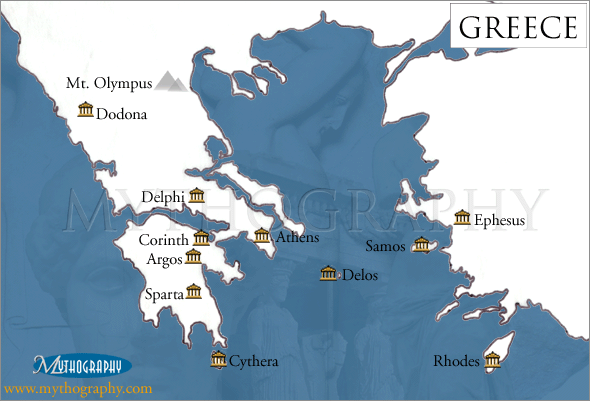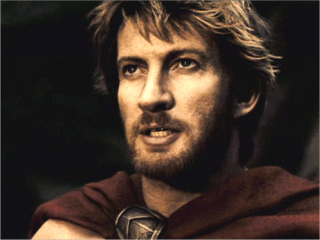The Main Themes
1) Justice
In this play it is more than a key word. Electra represents a book of questions. What is right? What is just? Is it right to take justice in your own hands, or is it better to wait for the fate? Gods in this instance. Justice is related to words "judge" and "judgement". Are we the ones to be judges? Who has got the right to judge someone? Should Electra and Orestes judge Aegisthmus and Clymnestra. They are acting in the interests of justice and logic, even though it is not clear, if it is the right thing to do. Sophocles eventually leaves this question for his audience and readers.
2) Revenge
Electra and Orestes are both deeply concerned about vengeance. Particularly with an idea of "eye for an eye". If someone hurts you are you supposed to hurt him back, or will you believe that all the bad what a person does will come back to him once? Can one death justify another death? When does actually a revenge end? Will it solve a problem or take the time back? Certainly when considering "eye for an eye" logic, will the whole world be blind than? It is like a chain reaction, when one murder leads to another murder. The murder of Iphigenia leads to a murder of Agamemnon, which leads to murder of Clytemnestra and Aegisthus and so on.
Sometimes a question answers more than we think.
3) Gender
Gender role was a first fact to think about. Sophocles is known for his avocation in logic. Logically, the name of this story should be Orestes, because he was the one that was carried away and raised in a foreign country to come back one day and avenge his father. Actually he was the one who did it at the end. What was the specific preominence by Sophocles that he decided to call his treatment the Orestia story not after a man that was supposed to be the main character, but after Electra? Chrysothemis challenged Electra in the final act, when Electra said that she cannot consider killing Aegisthus herself, as she is a woman and no man.
Sophocles has explored the idea of Electra as a woman with a man's fury and heart. Nonetheless her mother behaved alike. She refused to be imprisoned on a railways of society to what a woman should do and figured out her own way. Railway trains are impartial too. But if you lay down the lines for them, that's the way they go.
Sophocles has explored the idea of Electra as a woman with a man's fury and heart. Nonetheless her mother behaved alike. She refused to be imprisoned on a railways of society to what a woman should do and figured out her own way. Railway trains are impartial too. But if you lay down the lines for them, that's the way they go.












